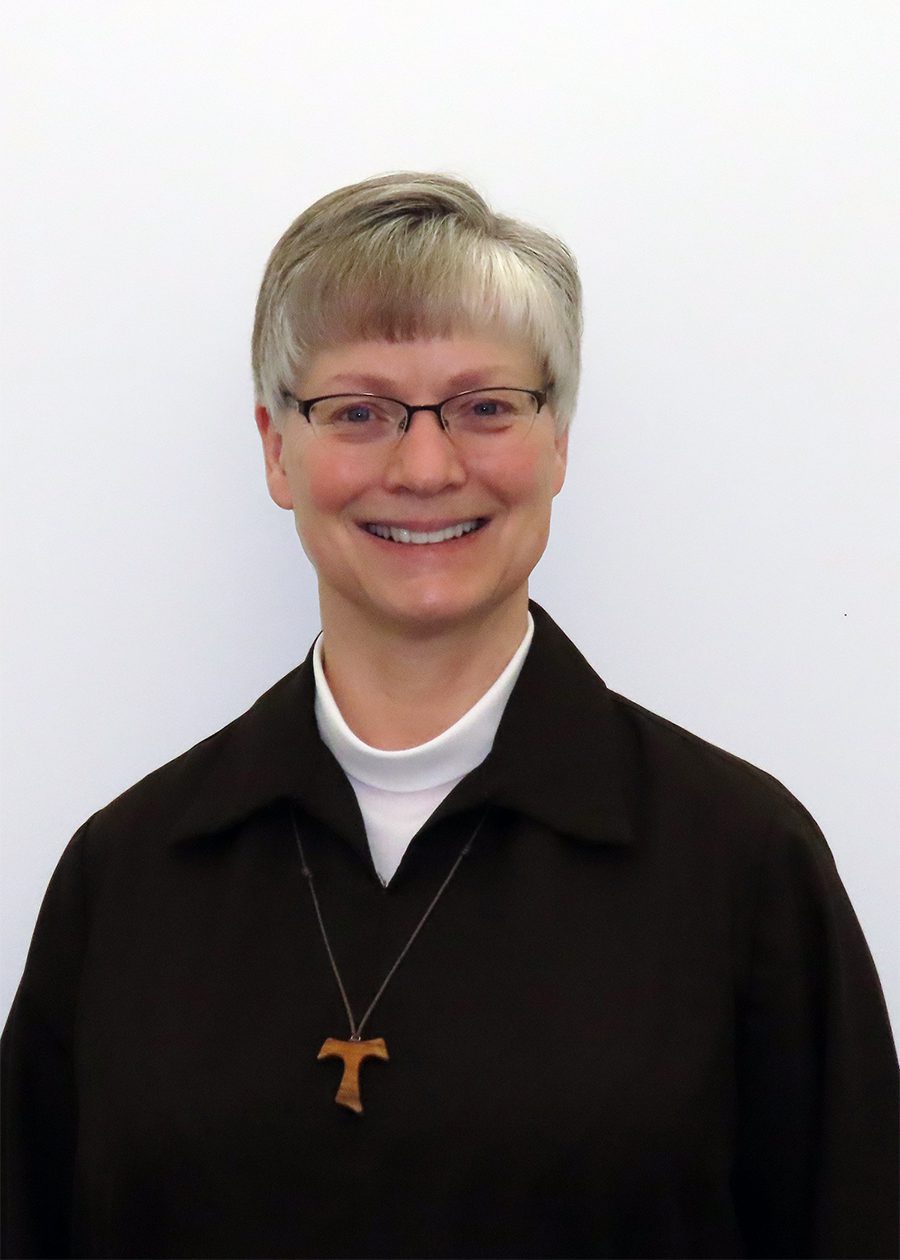
Before journeying to the United States from her native Italy 150 years ago, Poor Clare Mother Mary Magdalen, born Annetta Bentivoglio, had an audience with Pope Pius IX.
She told the pope about her desire to form Poor Clare communities, the order founded by St. Francis and St. Clare, devoted to a life of prayer.
The pope readily agreed but warned her: “I am sending you to a pagan land.”
Even while encountering obstacles, Mother Mary Magdalen did eventually conquer the New World. In God’s way, in God’s time.
This year, the Poor Clare communities in the United States are celebrating the 150th anniversary of Sister Mary Magdalen’s arrival in New York. What Mother Mary Magdalen encountered made the pope seem prescient.
She was rejected almost everywhere she went, New York, Philadelphia, Cincinnati, and other centers of Catholic life in an immigrant country. The bishops she encountered wanted religious women to be active in the world, ministering to a burgeoning church, staffing schools and hospitals. They had little regard for monastic communities, feeling that was largely a European phenomenon with little relevance for a growing American Catholic community.
Still, Mother Mary Magdalen held to her vision. Finally, after three years of searching, she was able to begin a Poor Clares monastery in Omaha, Nebraska. Even that wasn’t easy: the structures were blown away twice by tornadoes, only to be rebuilt each time.
The vision grew, albeit slowly. Communities were established in New Orleans and then Evansville, Indiana, a monastery which began soon before Mother Mary Magdalen’s death in 1904.
The Poor Clares in Holy Name Federation are now located in Chesterfield, New Jersey; Cincinnati, Ohio; Westwood, Massachusetts; Langhorne, Pennsylvania, Travelers Rest, South Carolina, and Wappingers Falls, New York.
There is a second federation of Poor Clares, the Mother Bentivoglio Federation. They have petitioned to merge with the wider Poor Clares community. They have monasteries in Omaha, Nebraska, and Spokane, Washington, with smaller groups in Louisiana, Minnesota and Illinois.
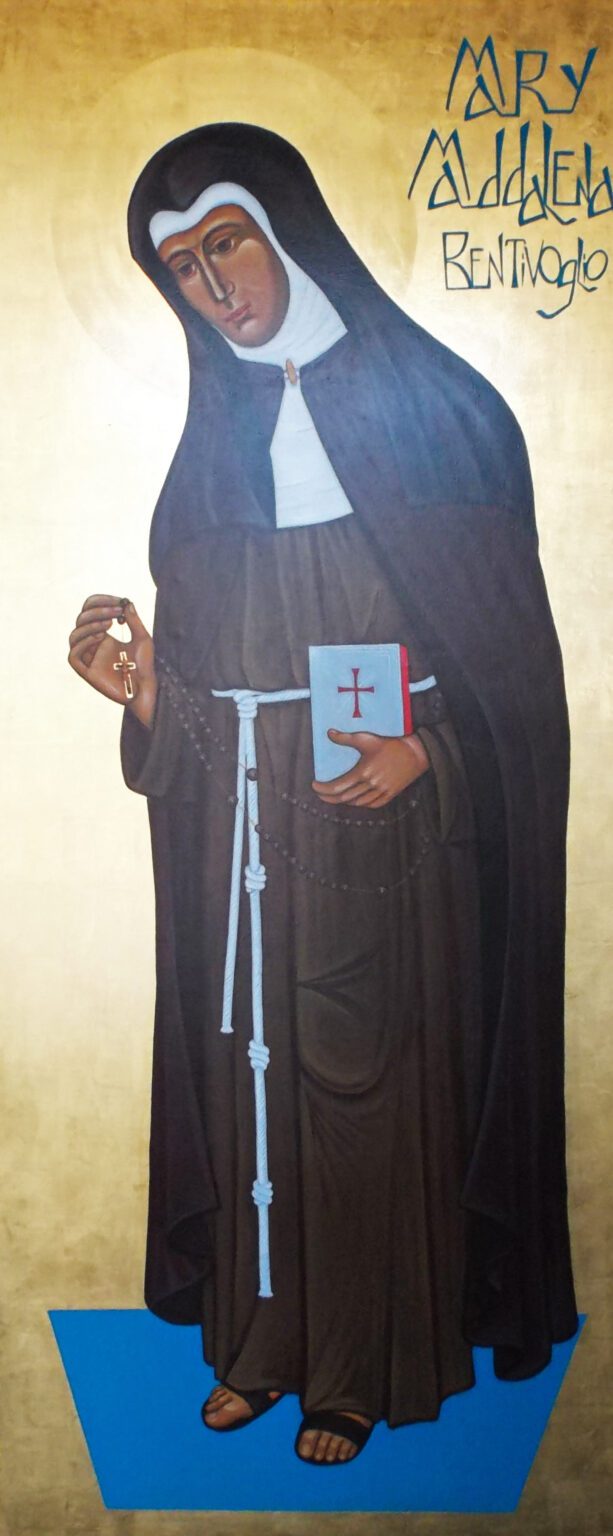
The monasteries include small groups of nuns, from four to 13. While they live a life of prayer, they are in many ways connected to their communities. Unlike other monasteries, which tend to be located in rural outposts, the Poor Clare monasteries are located in urban and suburban centers, with prayer outreach to the wider world.
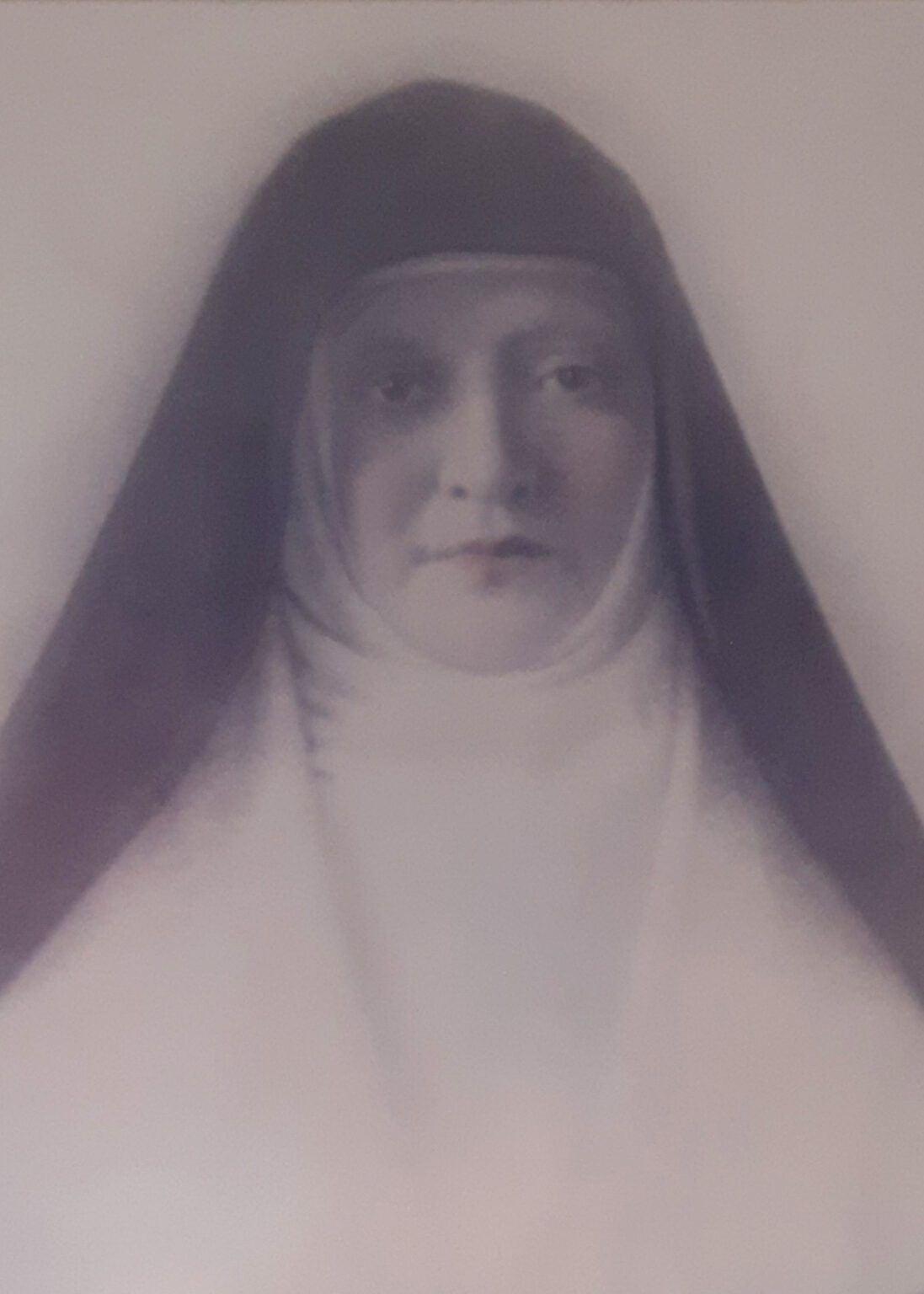
The Poor Clares are a cloistered community, meaning they have no active ministry outside of their monasteries. Community life consists of household chores, working the business of the monastery as a means of support, and daily participation in the Liturgy of the Hours. The Sisters also lead retreats and offer spiritual presentations on Franciscan and Clare spirituality. Their prayer life is directed to the needs of the Church and the world. Often, that will mean taking the intentions of their neighbors, from issues ranging from sickness, infertility to unemployment, and seeking God’s help.
“That was where I felt called to be,” she said.
While visiting the Duquesne University chapel in Pittsburgh, she came upon a brochure promoting Poor Clares. The image of a woman in habit and the description of the community’s prayer life sparked her interest.
“This was what I was looking for,” she said. After arriving in the monastery in Cincinnati, she felt a sense “that there was a feeling that I came home.”
Sister Vickie and her fellow Poor Clares are now celebrating their 150th anniversary in the United States through a number of observances, including a week-long symposium on the life of Mother Mary Magdalen held this summer at St. Bonaventure University in Olean, New York, an event that brought Sisters from all over the country. The Diocese of Evansville is studying claims of a miraculous cure through the intercession of Mother Mary Magdalen, a possible precursor to beatification and canonization.
They will also observe the anniversary through prayer, seeking God’s guidance on the community’s future as well as celebrating its past.
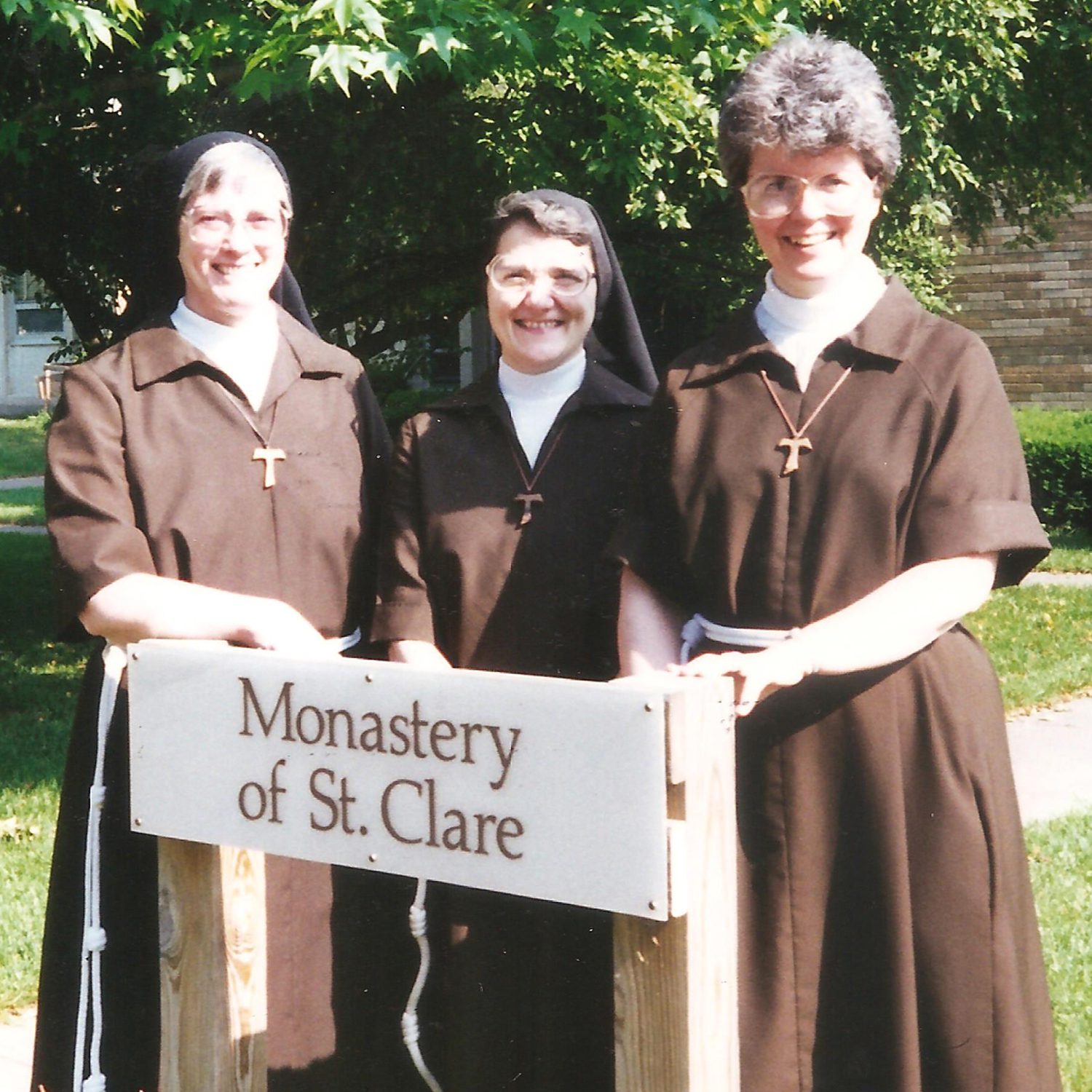
“We don’t know what the future will hold,” said Sister Vickie. But she sees sparks of interest in religious life, particularly through associations connected with the Sisters, which invite women to come and pray with them.
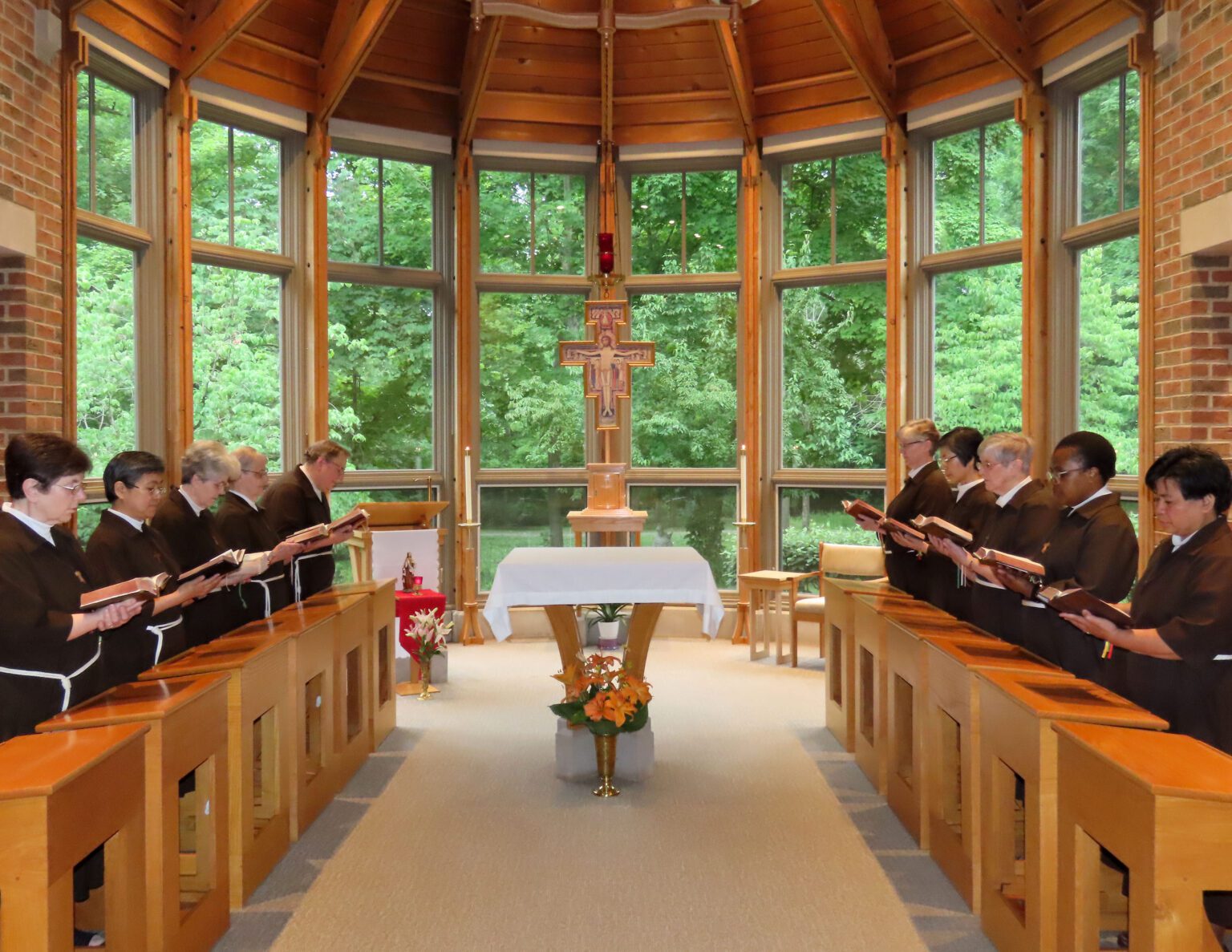
“It’s a difficult life. It’s not easy to give up your worldly possessions, a job, a career, children, and having a family,” she said. But in today’s world, Sister Vickie said, wracked by violence and health issues, she’s found that often people find that the only option they have is prayer, to surrender to God what they cannot control.
While Pope Pius IX dubbing American life as pagan is open to debate, there is little argument about the need for prayer in modern life. That is something the Poor Clares will continue to offer.
“I know there is a power of prayer. Being called to the life of prayer gives me an impact on the world. Living the power of prayer is the most important thing I can do,” said Sister Vickie.
